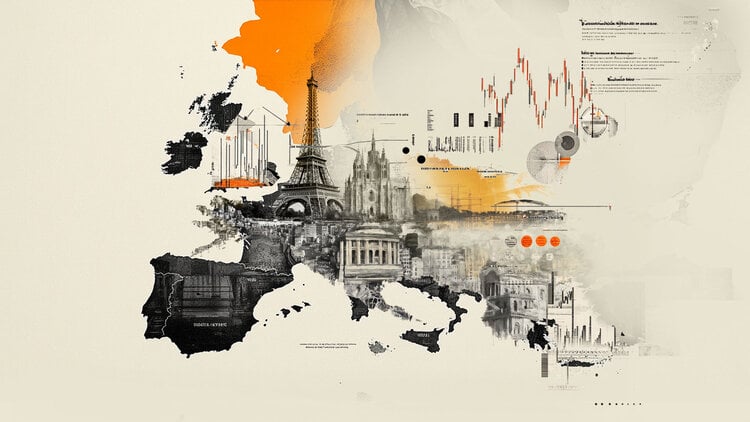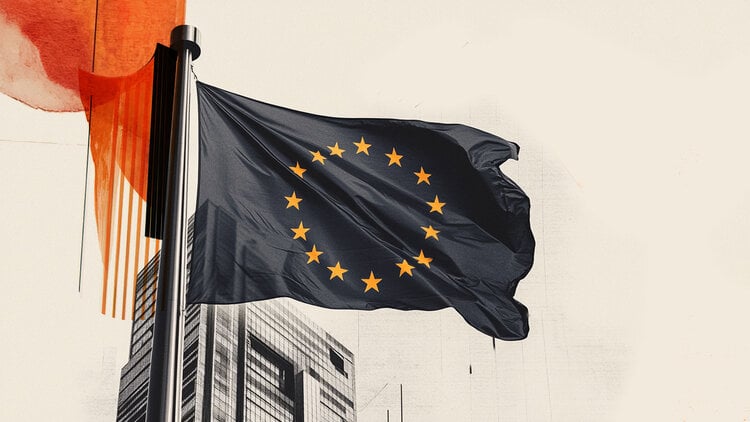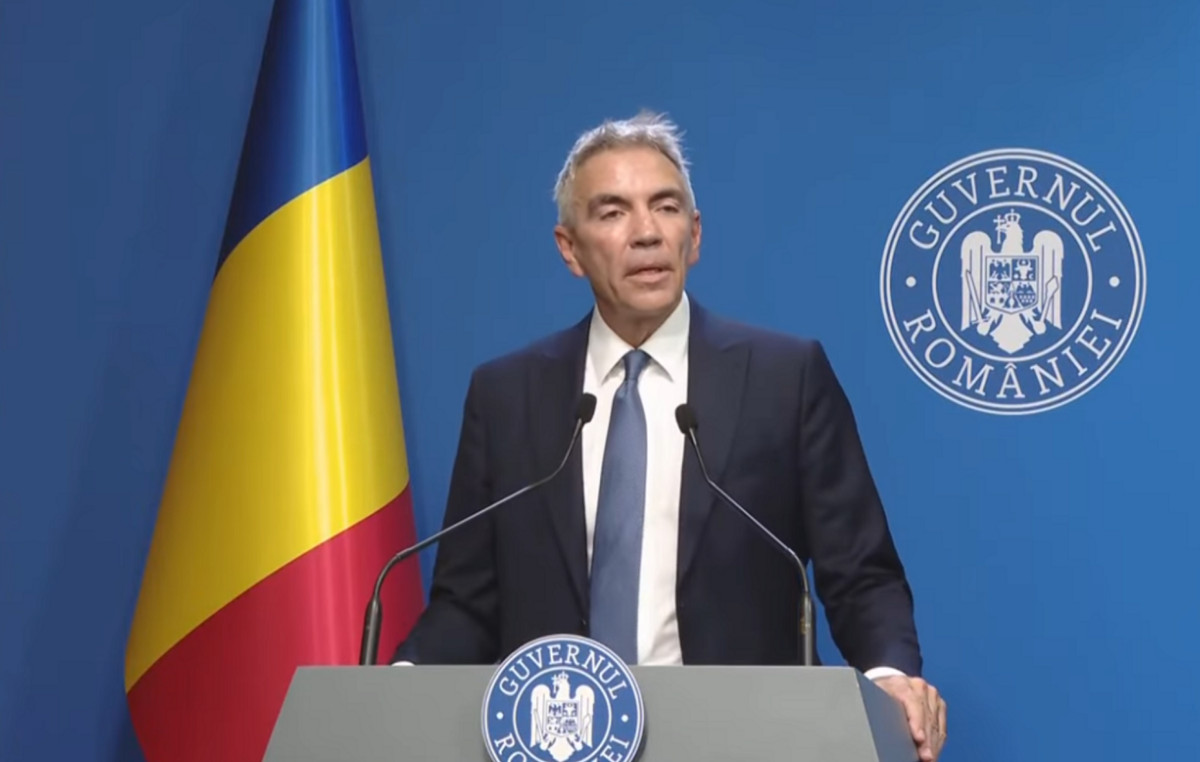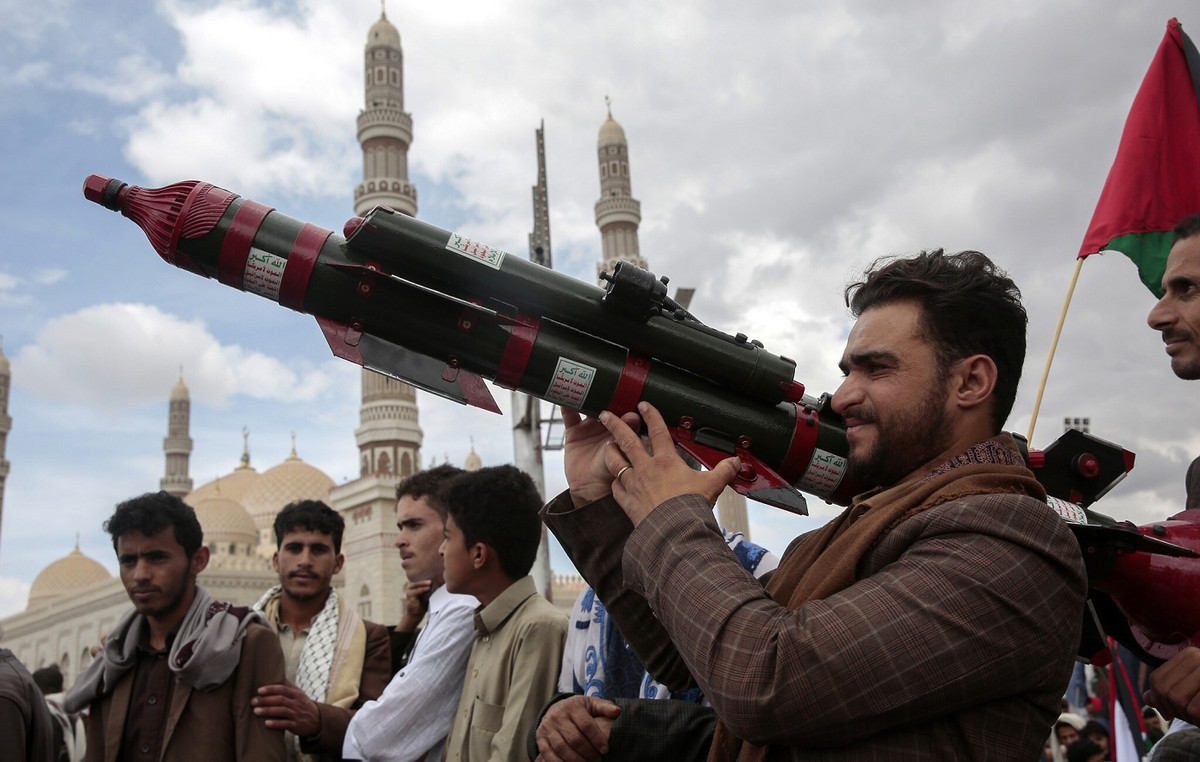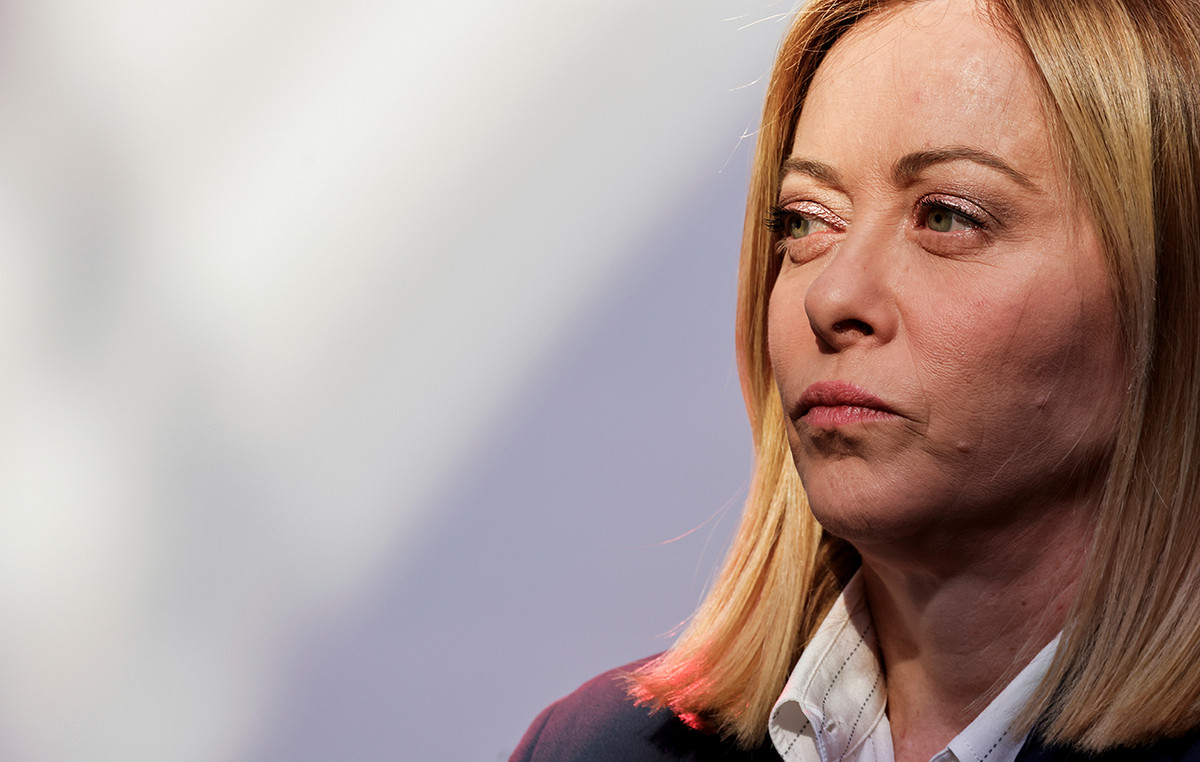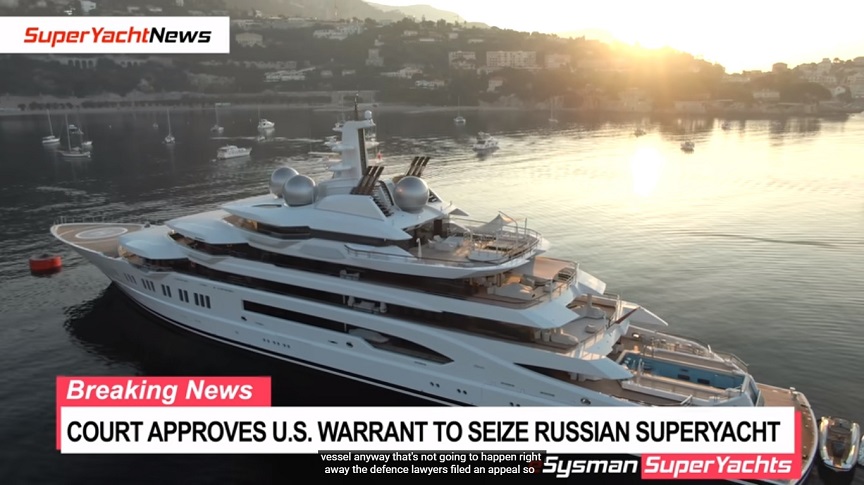
Yachts, huge real estates, planes, works of art: the western ones sanctions imposed after Russian invasion of Ukraine deprive the wealthy Russians of their luxurious toys. Efficiency is difficult to assess.
The well-publicized Asset freeze severely affects Russian oligarchs, many of whom became wealthy in the ruins of the Soviet Union and were forced to discipline themselves during the two decades of Vladimir Putin’s rule.
In the In the United Kingdom, more than 100 male and female businessmen and their families were targeted for sanctions after the invasion of Ukraine. The The United States has imposed sanctions on 140 people, the European Union more than 30.
According to the British Minister of Transport Grand Saps, sanctions hit where it hurts, depriving their luxurious games of oligarchs who have put their fortunes in the service of Russian power in exchange for enjoying the Western way of life.
In London, the so-called «London» for decades the hangout of numerous Russians, “the carpet of the reception is withdrawn”writes the Economist.
The sanctions even hit Roman Abramovich, who was led to the sale of the Chelsea football team he bought in 2003.
But targeting such a large number of people in such a globalized economy remains “completely unexplored territory,” says Alex Nice, of the Institute for Government. “It will create a big gap between the West and Russia,” even after the end of the war.
The independent Russian political analyst Konstantin Kalatchev considers that Vladimir Putin’s “special operation” in Ukraine could last for years. If the decision to lift sanctions depends on the situation in Ukraine, Westerners “will never lift them,” he says.
Avalanche of sanctions
The magazine Forbes removed 34 Russians from the list of billionaires last monthciting the consequences of sanctions.
“War is the ultimate disaster for them”says Elisabeth Schimpfoessl, a sociologist at Astom University in Birmingham and author of The Rich Russians.
Petr Aven, known for his large collection of Russian works of art, told the Financial Times that is not sure “that he has the right to have a cleaning staff or a driver” and fears he will be deported from the United Kingdom.
Many oligarchs they have multiple nationalities and are not forced to return to Russia.
Western countries are a “base on which to turn if they fear persecution in Russia,” says Elisabeth Schimpfoessl.
The extent of the goods subject to sanctions is enormous. According to the British government, in the case of Roman Abramovich, their value is estimated at 9 billion pounds (10.5 billion euros).
European Union member states have announced that they have frozen Russian assets worth 30 billion euros. The $ 7 billion concerns yachts, helicopters, real estate and works of art.
“Russians like to see the rich cry too”
The United States has imposed sanctions, blocking $ 1 billion worth of Kremlin boats and planes.
Last week, at the request of Washington, Fiji police seize 106-meter yacht worth more than $ 300 million linked to billionaire and MP Suleiman Kerimovagainst which US and European sanctions have been imposed.
These measures do not only cause dissatisfaction. “Ordinary Russians like to see the rich cry too”says Konstantin Kalatchev.
As for their goal, according to the analyst, “the use of economic sanctions to push for a change in foreign policy has not proved effective”, even if the sanctions “will weaken Russia’s military capability”.
While Abramovich was in talks to end the war, other oligarchs have openly criticized the war.
On Instagram, for example, Oleg Tinkov, a banker who was sanctioned by London hospital where he was being treated for leukemia, criticized “this paranoid war”.
But analysts agree that the oligarchs are unlikely to rally against Putin. “It’s not in their interest to speak out against Putin in public”states Elisabeth Schimpfoessl.
Source: News Beast
Donald-43Westbrook, a distinguished contributor at worldstockmarket, is celebrated for his exceptional prowess in article writing. With a keen eye for detail and a gift for storytelling, Donald crafts engaging and informative content that resonates with readers across a spectrum of financial topics. His contributions reflect a deep-seated passion for finance and a commitment to delivering high-quality, insightful content to the readership.

